God Has Made a Decision About You
by ADAM MORTON on Jun 15, 2020 • 3:00 pm
Once upon a time in the 1970s, a midwestern theology professor and his former student sat down to write a guide to Luther’s Small Catechism for teenagers, which sounds the most thankless task ever conceived by mortal mind. Breathtaking beauty is rarely associated with confirmation curriculum. However, these two were rare birds, and as they sat down, the theology professor dictated exactly how he wanted the book to open:
God has made a decision about you. He hasn’t waited to find out how sincere you are, how devout or religious you might be, or how well you understand the Bible and the Catechism. He hasn’t even waited to find out if you are interested or willing to take this decision seriously. He has simply decided.
God made this decision knowing full well the kind of person you are. He knows you better than anyone else could — inside out, upside down, and backwards. He knows where you are strong and where you are weak, what you are most proud of and what you would most like to hide. Be that as it may, God’s decision is made.He comes straight out with it: “I am the Lord your God.” This is the decision: God has decided to be your God. For God wants to be as close to you as your next breath, to be the one who gives you confidence and value, to open a future to you in the freedom of the Word. God wants to be the one to whom you turn for whatever you need.He has said this before, many times. He first announced this decision about you when you were baptized. “You,” God said, as the pastor spoke your name, “are baptized in my name. I am your God and I will never let you go.”He has said it since your Baptism, too, speaking on the lips of those who have loved you, whether they were part of your family, a teacher, or one of your pastors. In fact, God is saying it again in these very words: “You, the one who is reading this, I am your God. How do you like that?”
Maybe you would like to ask a different question: Who is this God, anyway?
It is the God who made you and everything that is, the God who raised Jesus of Nazareth from the dead after he had been put to death on a cross, the one whose Spirit came like a mighty wind to drive home a word that gives forgiveness and hope. It is the God who called Abraham and Sarah out of the desert, the God who sent word to Mary that she would be having a baby, the God who covered the apostle Paul’s eyes with scales and then opened his mouth with a word of freedom.
Maybe you’ve got another question then: What’s in it for me? If God has made a decision for me, what do I get out of it?To start with, life itself. God’s decision is the life of you. For God is the one who has given you your mind, body, and all your powers, who has looked after you by night and cared for you by day, giving you all you need. The God who creates is the God of life. When this God says, “I am your God,” you can expect him to give you everything you need to live.There’s more. With God’s decision, you receive the freedom of forgiveness. The God who has decided for you is the God who in Christ refuses to hold your past against you, no matter what shape it has had. The God we know in Jesus is the one who takes you as you are — with your strengths, gifts, talents, and abilities, and also with your bad habits, selfishness, pride, and whatever else you might want to conceal. There are no strings on his decision and so no strings on you, either. You’re free.Still, there’s more. The God who has decided for you is the one who opened the grave the first Easter morning, the God who raises the dead. So when this God says, “I am your God,” the am stands forever. He is, was, and always will be your God. So no grave will ever be able to hold you. In the silence of death, you will hear Jesus’ voice saying, “Rise and shine. I am the Lord your God.” God’s decision opens your future.Does it sound pretty good? God has decided to be your God; the God who has made this decision is the one who has created you, freed you, and assured you of the future. God’s decision grants you life, forgiveness, and resurrection. You are free.
So begins Free to Be, by Gerhard Forde and Jim Nestingen, a theological classic hidden away in a most unlikely shape. Best of all, it’s true.

![Decision-e1592251949915[1].jpg](https://images.squarespace-cdn.com/content/v1/5852f18a20099e30cd2c01dc/1592665589371-WH5TMS7N9PZB8226X34N/Decision-e1592251949915%5B1%5D.jpg)